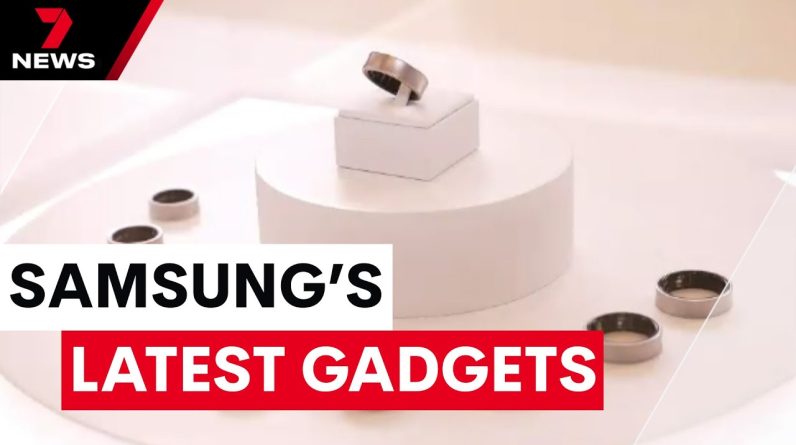EU has made a ruling for all new smartphones from 2027 to have replaceable batteries.
EU Approves Regulations For Replaceable Smartphone Batteries
The European Council has recently endorsed regulations mandating the inclusion of easily replaceable batteries in smartphones by 2027. This legislation will be applicable to all mobile phones released within the European Union, and its influence is expected to extend globally, necessitating modifications to the device designs of major companies such as Samsung, Google, and Apple in order to comply with the new requirements.
The grace period until 2027 affords original equipment manufacturers (OEMs) sufficient time to reconfigure their product designs. This law’s primary objective is to establish a circular economy for batteries, with OEMs being obligated to collect and recycle a specific proportion of portable batteries by 2027 and 2030. Furthermore, targets have been set for the recovery of lithium from discarded batteries and the recycling efficiency of various battery types.
Although adherence to the regulations may impact features such as IP68 rating and device aesthetics, manufacturers will have ample time to adapt their designs, supply chains, and equipment to facilitate the production of smartphones with replaceable batteries. Consequently, substantial transformations are anticipated in the smartphone industry in the coming years.
Key Takeaways
- European Council approves regulations for replaceable batteries in smartphones by 2027.
- Major companies like Samsung, Google, and Apple need to modify device designs to comply.
- OEMs have a grace period until 2027 to reconfigure product designs.
- The law aims to establish a circular economy for batteries and increase recycling rates.
EU Law Requirements
The European Council has approved regulations requiring all smartphones released in the EU to have easily replaceable batteries by 2027. This is in order to promote a circular economy for batteries and increase recycling rates. These regulations aim to address the growing issue of electronic waste and encourage the responsible disposal and recycling of batteries.
The law also sets specific targets for the recovery of lithium from waste batteries. The goal is to reach 50% recovery by 2027 and 80% recovery by 2031. In addition to this, manufacturers will need to collect and recycle a certain percentage of portable batteries by 2027 and 2030.
This change will require smartphone companies like Samsung, Google, and Apple to redesign their devices to accommodate replaceable batteries. This will impact features such as the IP68 rating and device aesthetics. Overall, these regulations will have a significant impact on the smartphone industry and contribute to a more sustainable approach to battery usage.
Impact on Smartphone Design
Implications for smartphone design include the need for a redesign of devices to accommodate replaceable batteries, potentially impacting features such as IP68 rating and overall device aesthetics.
Smartphone manufacturers like Samsung, Google, and Apple will have to alter the design of their devices to comply with the European Council’s regulations. This means that smartphones released in the EU will need to have easily replaceable batteries by 2027.
The grace period until 2027 allows original equipment manufacturers (OEMs) time to adjust their designs, supply chains, and equipment to produce phones with replaceable batteries.
Compliance with the law may also affect features like IP68 rating, which certifies a device’s resistance to dust and water.
Overall, significant changes are expected in the smartphone industry within the next few years as companies adapt to these new regulations.
Benefits of Replaceable Batteries
One potential advantage of incorporating easily swappable batteries in portable electronic devices is the increased sustainability and reduced electronic waste. With easily replaceable batteries, consumers can simply replace the battery instead of replacing the entire device when the battery degrades or reaches the end of its lifespan.
This not only extends the overall lifespan of the device itself but also reduces the amount of electronic waste generated. Additionally, replaceable batteries allow for more efficient recycling processes. Instead of recycling the entire device, only the battery needs to be collected and recycled, which can help meet the targets set by the European Council for battery recycling.
By promoting a circular economy for batteries, the use of easily replaceable batteries in smartphones can contribute to a more sustainable and environmentally-friendly future.
Albion News is a great place to find informative, up-to-date news articles. We provide a wide range of unique articles that offer an interesting perspective on current events from around the world and from various different sources. You can easily search for the topics that matter most to you and explore in-depth pieces that provide insight into the issues and important debates occurring today. Albion News helps you stay informed with carefully researched and credible stories!







